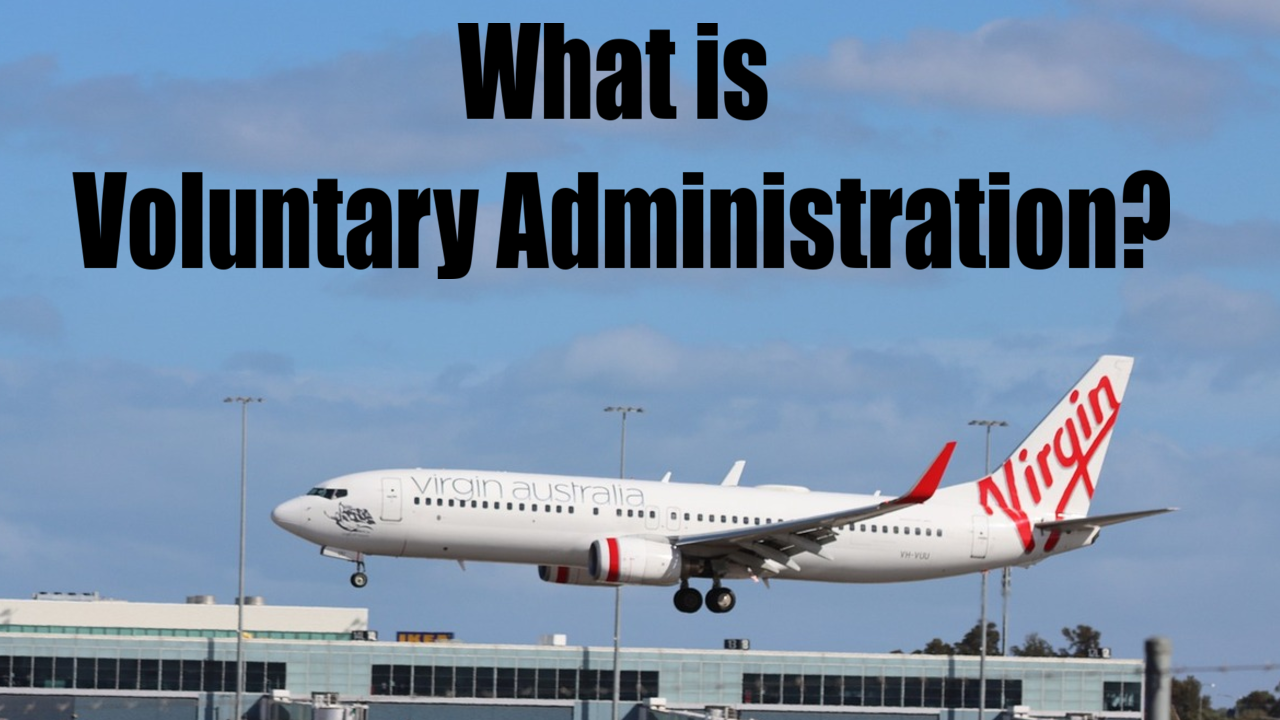What is Voluntary Administration?

Introduced in the 1990’s, the purpose of voluntary administration is to attempt to turn a financially distressed business around to maximise its chances of continuing. Or if that is not possible, to provide a better return to creditors and owners than if there was an immediate liquidation of the company.
The process
The owners of the business effectively appoint an independent third party (the “administrator”) to run and manage the business. The administrator, not the business owner is liable for debts incurred once the business is in administration.
The administrator reviews the business to determine if it is able to continue trading or not. They do not have to listen to the business owner and can implement different actions than what the business owner would prefer.
If the administrator believes the business can continue trading, they put to creditors a deed of company arrangement (“DOCA”) as a process of getting the business out of administration. The typical deed will ask creditors to accept less than 100% of what is owed.
If the creditors approve the DOCA, the administrator will hand the business back to the owners and they have to work within the confines of the DOCA.
If the creditors don’t approve the DOCA, the business is effectively shut down and assets sold. Any goodwill the business had is usually lost in this process.
This should all happen with six weeks.
Pros
- Provides protection for your personal assets in the period the business is controlled by the administrator. But no protection in the period before the administrator was appointed.
- Your DOCA may involve creditors accepting less than 100% of what is owed.
Cons
- A third party is in control of the business.
- Administrator’s job is to get the best return for creditors, not the business owner.
- As this third party is liable for debts when the business is in administration, they may take the risk adverse decision to stop trading, effectively closing your business and destroying any goodwill.
- Historically very few business’s come out of voluntary administration. Hence why new safe harbour laws were introduced in 2017.
- Public – large amount of information about your financial circumstances will be made public. Your customers may also become aware of this and get scared and source alternate suppliers. Your competitors may also become aware of this and use this to their advantage.
- If the creditors don’t vote in favour of the DOCA, the business may be forced to close.
- You may still be found liable for trading whilst insolvent in the period before the administrator was appointed
- Can be costly.
In our opinion, if you are suffering from financial distress and you want to try and save your business, without putting your personal assets at risk, utilising the Safe Harbour laws is likely to be the best option for you.
And we are happy to come and have an obligation free chat with you to see if utilising the Safe Harbour laws are the best option for your business.
Contact Wayne Wanders for to see if you can access the Safe Harbour Laws
To ensure I help your business specifically, the best approach I have found is to have an obligation free session with you. In this session we will review your current business in a factual and objective manner, to better understand the challenges that you face. And this session does not need to be face to face.
At the end of this session, you will have some clarity around whether you can access the Safe Harbour Laws..
Simply fill in the contact form below or email me at wayne@aRealCFO.com.au or call me on 0412 227 052 to organise one of these obligation free sessions.
To get help you successfully navigate your way through your financial challenges so your business can survive and thrive in these uncertain times, simply use the contact form on the left to email Wayne or call him on 0412 227 052.
Let Wayne Wanders, a fully qualified and experienced CFO, help you successfully navigate your way through your financial challenges so your business can survive and thrive in these uncertain times.
Wayne Wanders, A Real CFO
wayne@aRealCFO.com.au

